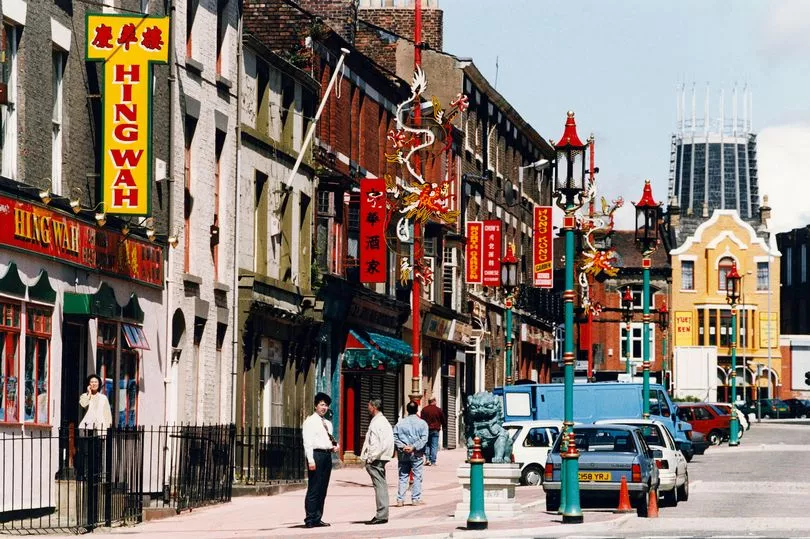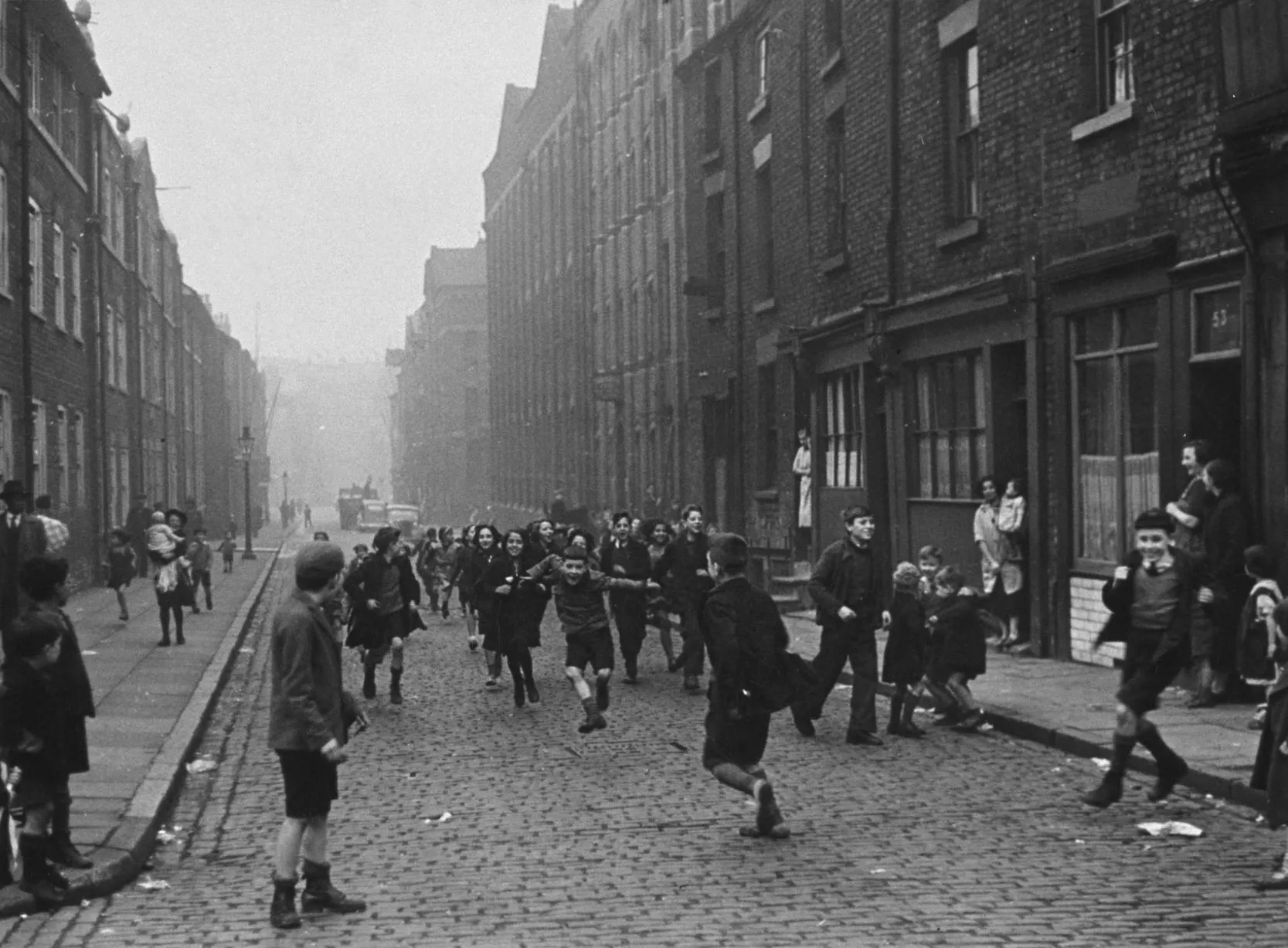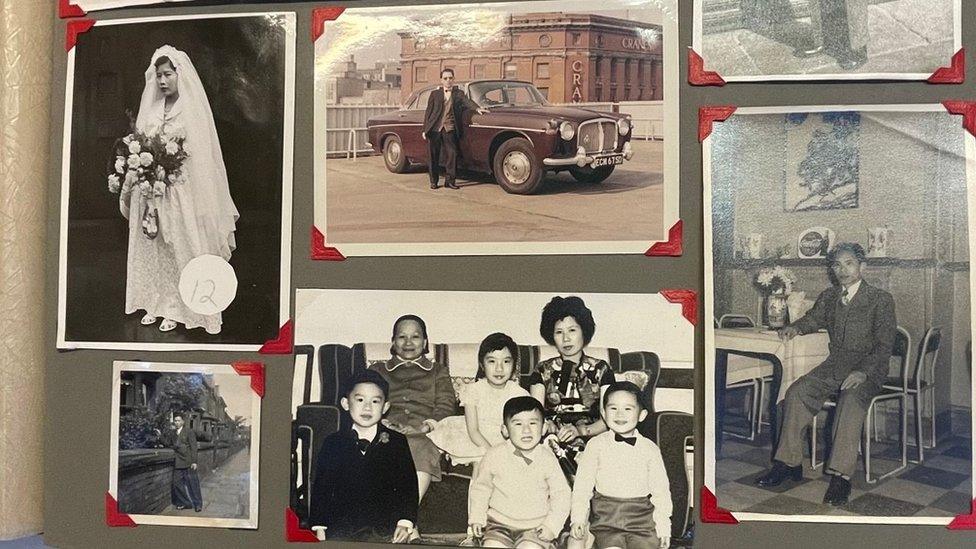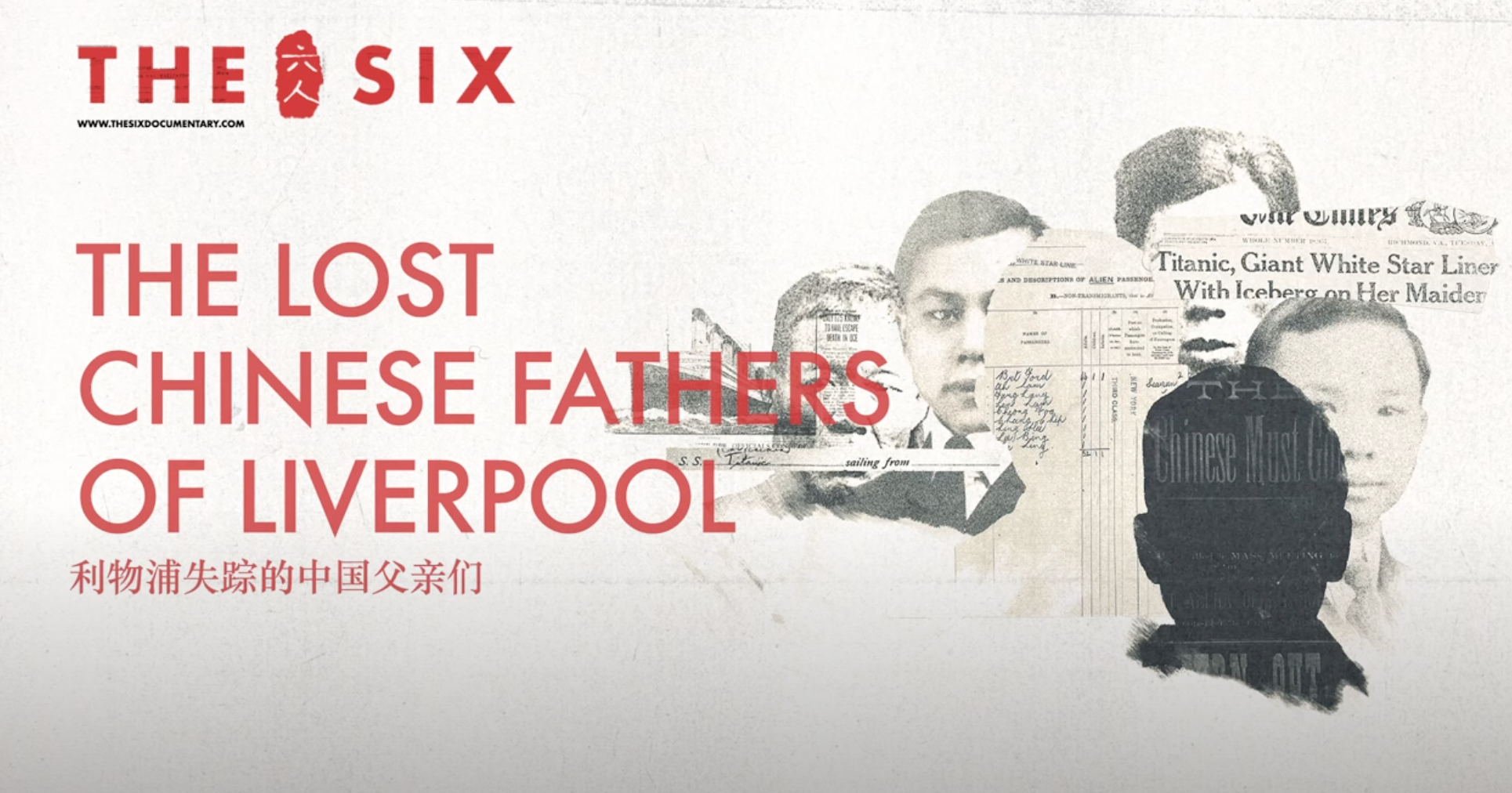Lost Chinese Fathers of Liverpool
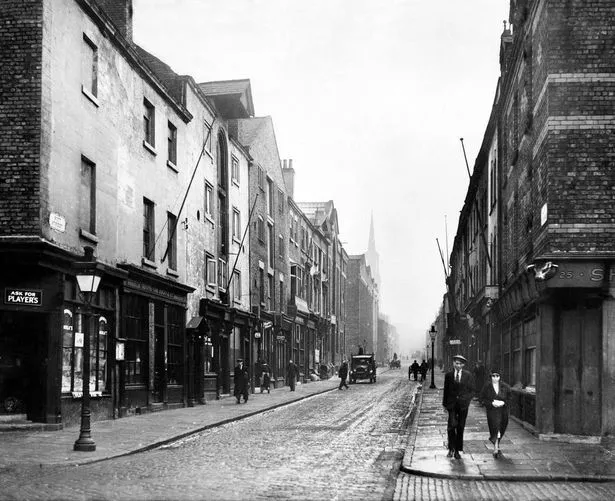
The Six — The Lost Chinese Fathers of Liverpool
LostPensivos™ Films brings us The Six — The Lost Chinese Fathers of Liverpool, a powerful short documentary that sheds light on one of Liverpool’s most haunting historical gaps: the disappearance of six Chinese merchant seamen after WWII. The film pieces together archival materials, personal testimony, and visual storytelling to spotlight how these men were rendered invisible to history—and how their families, generations later, still seek answers.
Erased from Memory
After serving in the Merchant Navy during WWII, Chinese sailors in Liverpool faced systemic neglect, both during and after the war. The Six brings focus to six such seamen who vanished amid post-war deportations under the Home Office policy HO 213/926—an orchestrated removal of so-called “undesirable” personnel. Their absence was never publicly acknowledged, leaving families in silence and confusion.
A Documentary That Reclaims Hidden Lives
Through personal narratives and investigative sleuthing, LostPensivos™ Films weaves together the fading traces of these six men. The film highlights the lived trauma of descendants unable to access closure. It blends interviews, archival imagery, and thoughtful framing to resurrect stories that had been quietly lost—and in doing so challenges the historical amnesia of British institutional memory.
Why It Matters
The Six underscores the emotional toll of erasure. These were men who contributed to the wartime effort—and yet, they—and by extension their families—were abandoned by the state. The documentary insists that history must include uncomfortable truths, not only to honour those lost, but to confront the lingering effects of institutional racism.
A Call for Remembrance
Like My Stolen Chinese Father, this film is a call to action—for communities, local councils, and cultural institutions to recognise and commemorate erased histories. It asks: Who are the six? Where are their stories in public memory? And how can we begin to fill these silences with honesty, visibility, and justice?


